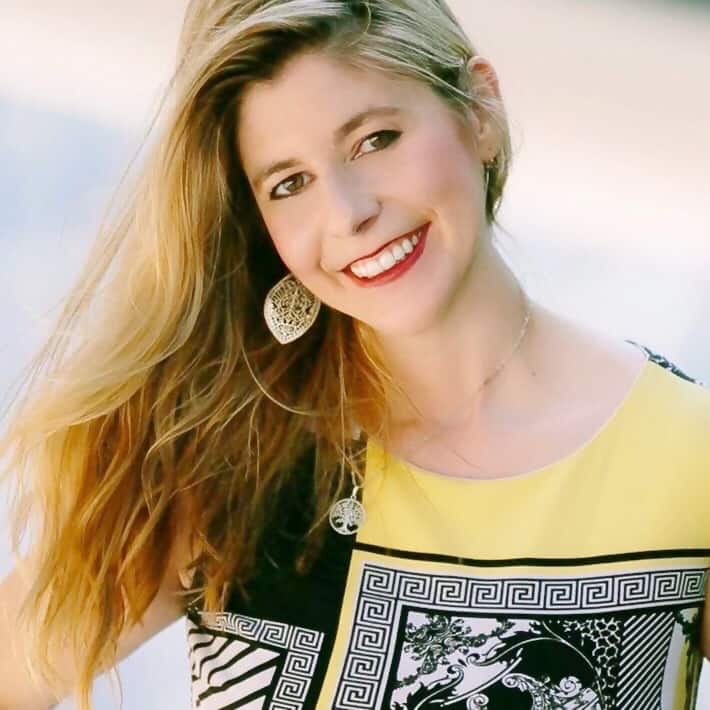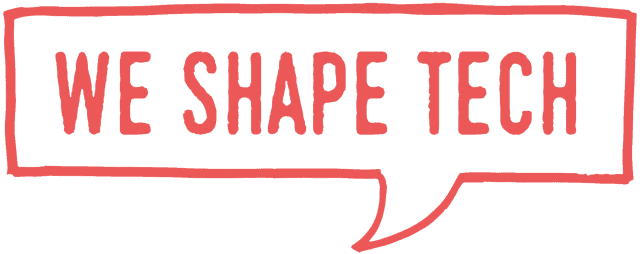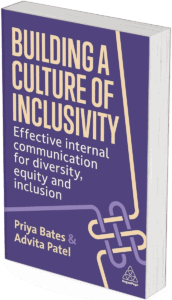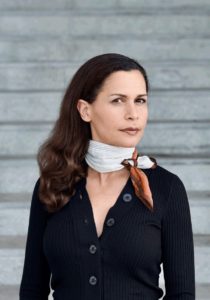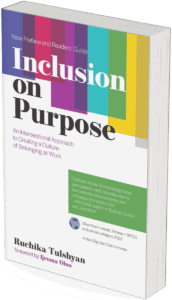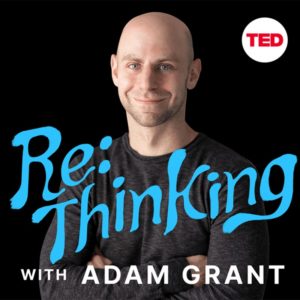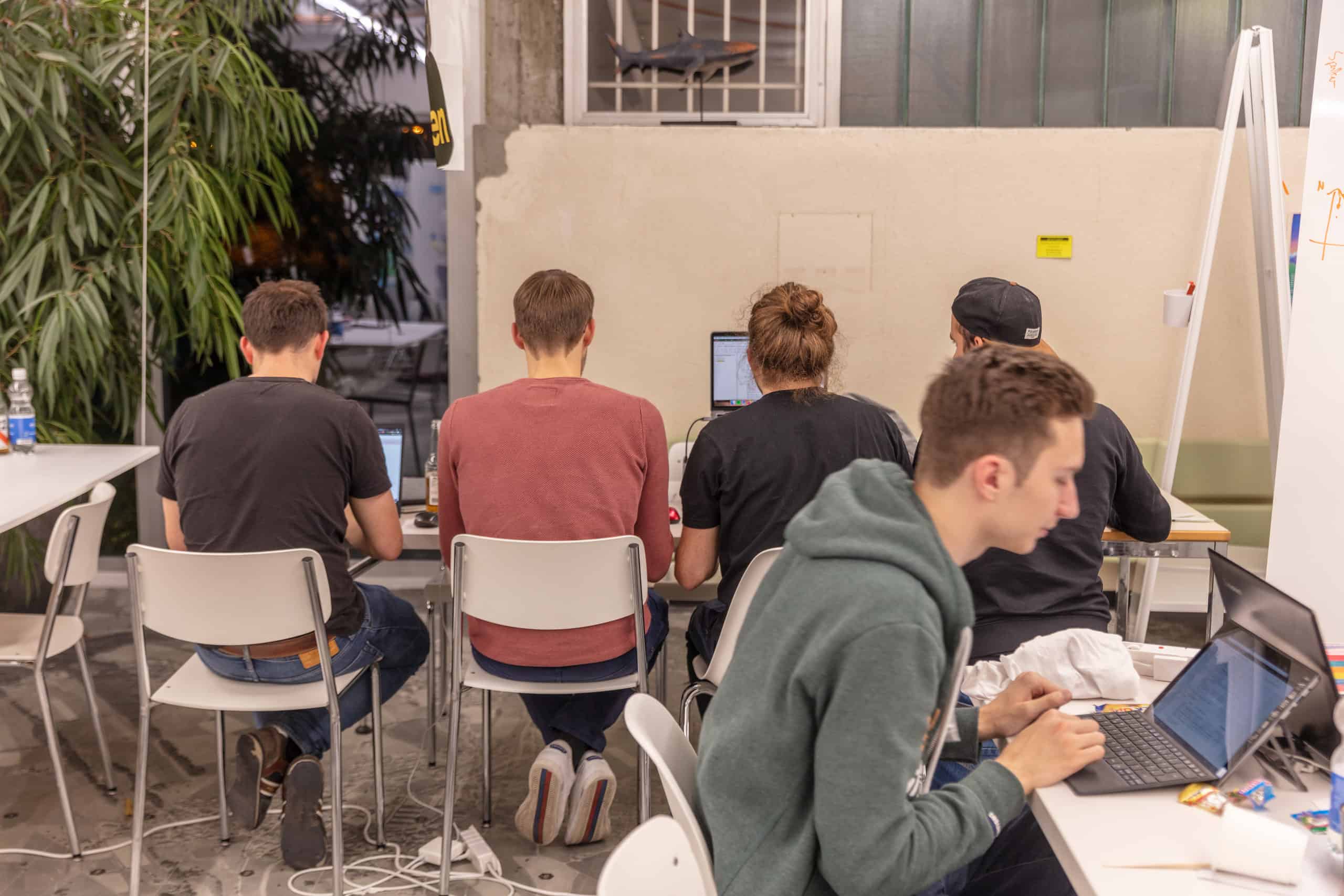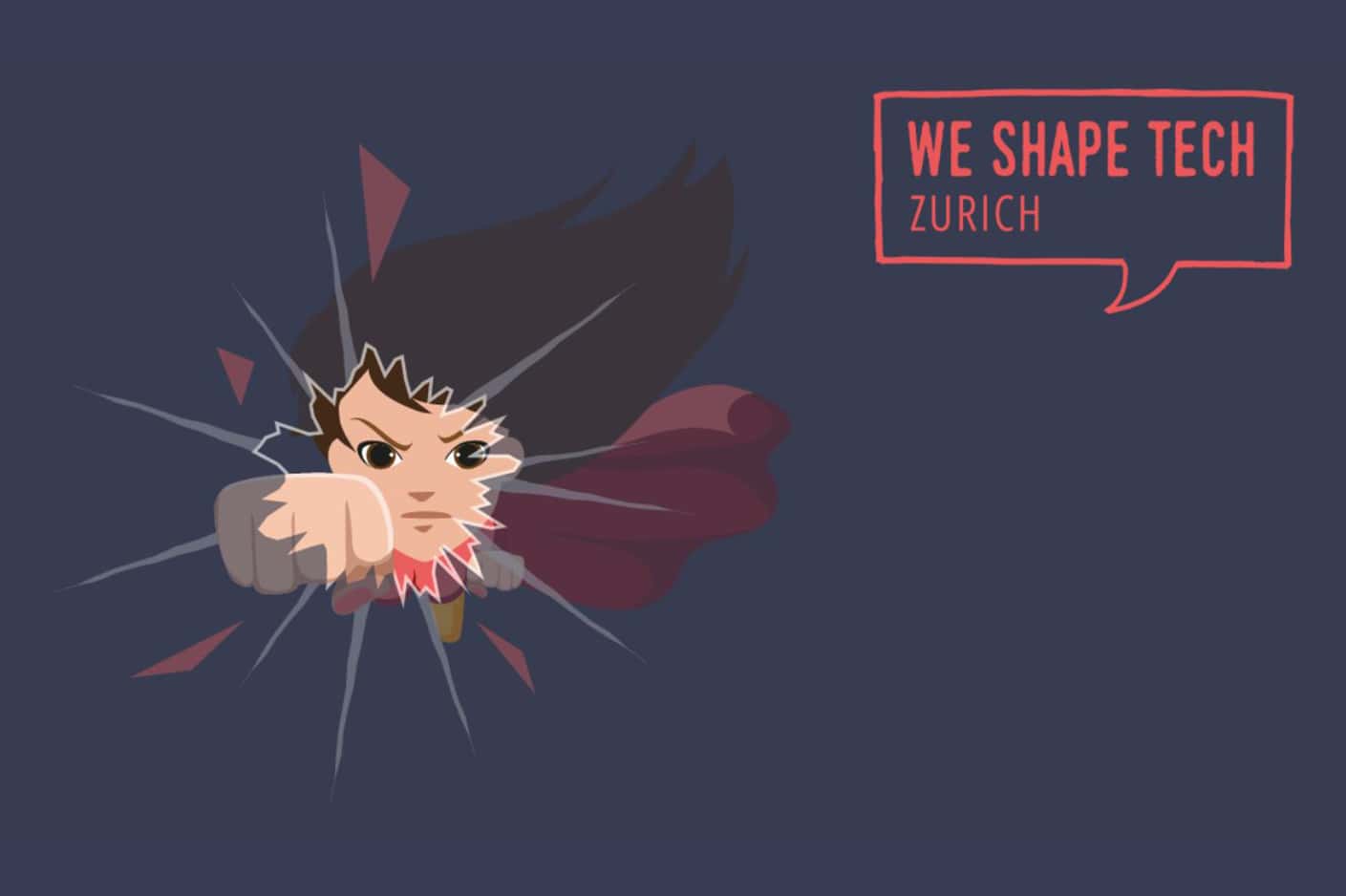Interview by Aileen Zumstein
Every month we ask one individual in our network a few questions about their way into tech, their motivation and their lessons learned.
Let’s start from the beginning. Tell us about where you’re from!
Born in Boston, I have lived all over the world, and I feel as if I’m a true global citizen. I’ve lived in Duxbury, Moscow, Harvard, Durham, Washington, D.C., Providence, Brussels, and Zürich, among other places. My first memories of living by the ocean mean that being near the water always feels like home.
What valuable advice did you get from your parents?
My parents have given me a lot of valuable advice over the years, and the first thing that comes to mind is to express gratitude to them for that! We traveled a lot when I was growing up and spent a good amount of time in nature. They taught me to reflect and appreciate certain moments of wonder that appear out of nowhere – you often see these moments surprising you when you’re on a hike, or even when you’re at an art performance. It’s the moment of surprise, recognizing the beauty that appears. They also fostered in me a sense of caring, and appreciation for our own adaptive intelligence, as multi-dimensional humans. I didn’t feel labeled growing up. I felt I could try everything and embrace an array of potentials.
How did you become interested in tech?
I didn’t label it “tech” at the time. I was one of the first 10-year-olds in my area, I think, to go to computer camp during the summer. I liked CAD design and architecture at the time. I liked being able to manipulate variables, to experiment and to dream up fantasy worlds. While I was outside a lot, I also enjoyed games and quests with maps. Zelda and The Adventures of Link were games I couldn’t get enough of. I also liked books with maps at the front. I think I liked tech best when it wasn’t completely abstract – an application is what excited me, coupled with some philosophical wonderings.
What aspects of your work are you proudest of?
I’m genuinely uplifted by work that allows for connection and freedom. We live in an age that’s often disconnected, but if we use tech wisely, it can actually promote connections around us, and improve our ability to lead lives with greater presence and sense of purpose. This is liberating.
New leadership is asking for new forms of these creative ways to approach connection and freedom. I don’t think of freedom as “free will” – I think of freedom as honoring integrity and true identity. Who am I? What is the voice that speaks inside of me, and how do I choose to be in the world? What impact can I make, and how can a community gather in solidarity around vision and values?
What drives you at work?
Real human stories, on the ground. My work takes me to a lot of places with people doing great things every day. Their stories inspire me. I just spoke at an education conference, and I was able to lead mindfulness and story exercises for teachers and education leaders. Hearing the ways that they are bringing these practices to life in their communities is something that drives me. Also, questions drive me. Questioning assumptions—seeing how a true understanding of something can lead a group to ask revelatory, challenging questions. That’s a driver for meaningful change.
What has been your toughest challenge you faced while working in tech?
I think one of the toughest aspects of tech is that people think it’s inhuman. It’s similar with “data” – we think, maybe, that data is sheer stats without a story, and I think this is dangerously misleading. There’s always an underlying story, and a scenario that involves the choice and intention underneath the way we approach the data itself. Addressing a broad point about humanity and tech, I think that I’ve been lucky to be given the chance to reframe mindfulness, showing the ways in which our awareness, compassion and insights can augment, inform and drive tech approaches to creativity and innovation. Technology, ultimately, is about improvement of the quality of life. It’s time to focus on ways that we use technology, from VR-AR to AI, in order to emphasize connection.
What advice would you give other women in tech?
I would tell other women to live dangerously, to celebrate curiosity, to forget about tying themselves to a system, role or image that is part of an identity given to them by other people (per John O’Donahue’s writings). I’d tell them not to settle with that, because there’s something else inside that wants to voice itself. I’d tell them to celebrate their one wild and precious life, as the poet Mary Oliver says. There’s a voice that wants to live, to thrive, and blocking that voice is living at variance with the truth in each of us. I’d tell them, set it free.
